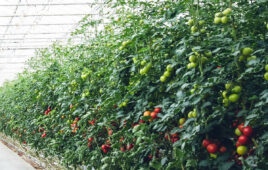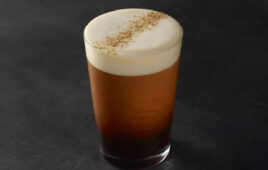 A Master Sommelier is the highest achievable level for wine professionals. While having a degree is not required to become a Master Sommelier, certifications are needed due to the extensive wine knowledge and advanced wine tasting skills required.
A Master Sommelier is the highest achievable level for wine professionals. While having a degree is not required to become a Master Sommelier, certifications are needed due to the extensive wine knowledge and advanced wine tasting skills required.
The title of Master Sommelier is earned through the Court of Master Sommeliers (CMS) after passing the fourth and final level of sommelier certification. The Master Sommelier Diploma is one of the world’s most challenging wine examinations. Having a pass rate of less than 10%, only 269 people have earned the title Master Sommelier, and only 14 have passed on the first try.
The first successful Master Sommelier examination was held in the United Kingdom in 1969, and by April 1977, the Court of Master Sommeliers was established as the premier international examining body. CMS’ intensive educational program guides aspiring Master Sommeliers through four increasingly rigorous levels of coursework and examination. The program is service-oriented and includes practical training in beverage and wine service and professional tasting. CMS is primarily targeted at individuals who want to work in the hospitality industry as sommeliers or wine/beverage directors, and candidates should have a certain number of years of hospitality experience in order to enroll.
Courses are intended to be taken consecutively, with each level requiring students to have passed the previous within a certain time frame. Courses and exams start with Introductory Sommelier, followed by Certified Sommelier, Advanced Sommelier and culminating with Master Sommelier. The Master Sommelier Diploma Examination consists of three parts: a theory examination (an oral examination and not written), a deductive tasting of six wines, and a practical wine service examination. Candidates must also memorize the intricacies of every one of the 10,000 wine grape varietals in the world. The minimum passing score for each of the three sections is 75% as opposed to 60% for exams in previous levels. Students must first pass the Master Sommelier Diploma Theory Examination and then have three consecutive years to pass the remaining two parts of the examination. If all three parts are not completed within three years, the entire exam must be retaken.
Master Sommeliers are dedicated to providing a very high level of service and strive to surpass expectations. A Master Sommelier works hard to obtain sound knowledge on both alcoholic and non-alcoholic beverages, food and wine pairings, as well as keeping up with the latest wine trends. They are also good at adapting to different environments and quick on their feet. Master Sommeliers are specialists in certain techniques, such as how to pour drinks and serve guests, along with possessing good manners when handling and tasting wine. Master Sommeliers are experts in sales, as they use their professionalism to encourage customers to purchase recommended beverages. They are confident in their craft and also ensure they leave a good impression on customers so that they return.
The Master Sommelier diploma distinguishes a service professional worthy of the title—and is known throughout the hospitality business worldwide. The Master Sommelier title guarantees to an employer and diners that they are among the most qualified in the industry, with outstanding tasting and evaluation skills, wine knowledge and outstanding abilities in service and beverage department management.




